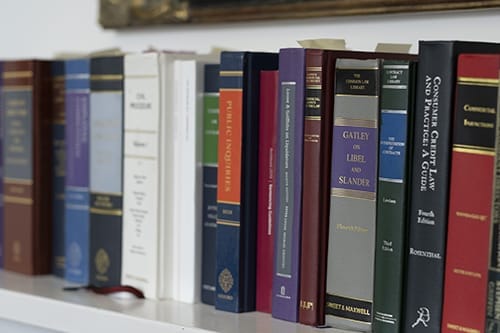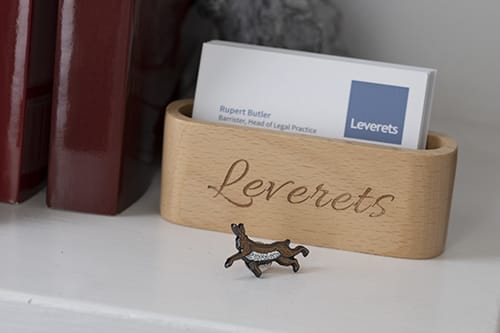Lasting Powers of Attorney
The recent change to the law that presumes you wish to donate your organs unless you have opted out, is a timely reminder that everyone should make their wishes known in the event of death, or incapacity.
The obvious method of recording your wishes in the event of death is in a Will, but what happens if you become incapable of managing your own affairs through physical illness, or mental incapacity?
Discussing these issues within a family can be awkward, because no-one wants to predict the worst, or become a burden, but effective communication is essential, should tragedy strike, and clearly expressed intentions help prevent confusion and heartache at an already difficult time.
A good way to make sure your intentions are met is to create a Lasting Power of Attorney (“LPAs”) that empowers trusted family and friends to manage your financial affairs and safeguard your health and welfare. An LPA is a legal document in which you,’the donor’, appoints one or more ‘attorneys’ to help make decisions, or take proxy decisions. Although you may no longer be able to manage your own affairs, the LPA gives control over what happens to you if you suffer an accident, or illness, and can no longer make your own decisions (‘lack mental capacity’).
A donor can make one or both of the following types of LPA: a property and financial affairs LPA and a health and welfare LPA.
An LPA formanaging property and financial affairs gives an attorney the power to make decisions about money and property, such as:
- managing a bank or building society account
- paying bills
- collecting benefits or a pension
- selling property
This can be used as soon as it is registered, with the donor’s permission.
An LPA formanaging health and welfare gives an attorney the power to make decisions about things like:
- daily routine, for example washing, dressing, eating
- medical care
- moving into a care home
- life-sustaining treatment
It can only be used when the donor is unable to make their own decisions.
Making an LPA is straightforward so make it priority for 2020.
Firstly, the donor needs to chose one, or more, attorneys who agree to act. Then the donor should download (or complete online) the forms published by the Office of Public Guardian, with whom the donor can register the completed LPA on payment of a fee of £82.00 (there are fee exemptions for some people). LPA’s can be cancelled, or varied, at any time.
Contact us for more information on how you can make your wishes known in the event of death, or incapacity. The donor must be 18 or over and still be capable of making their own decisions at the time when the LPA is created.







